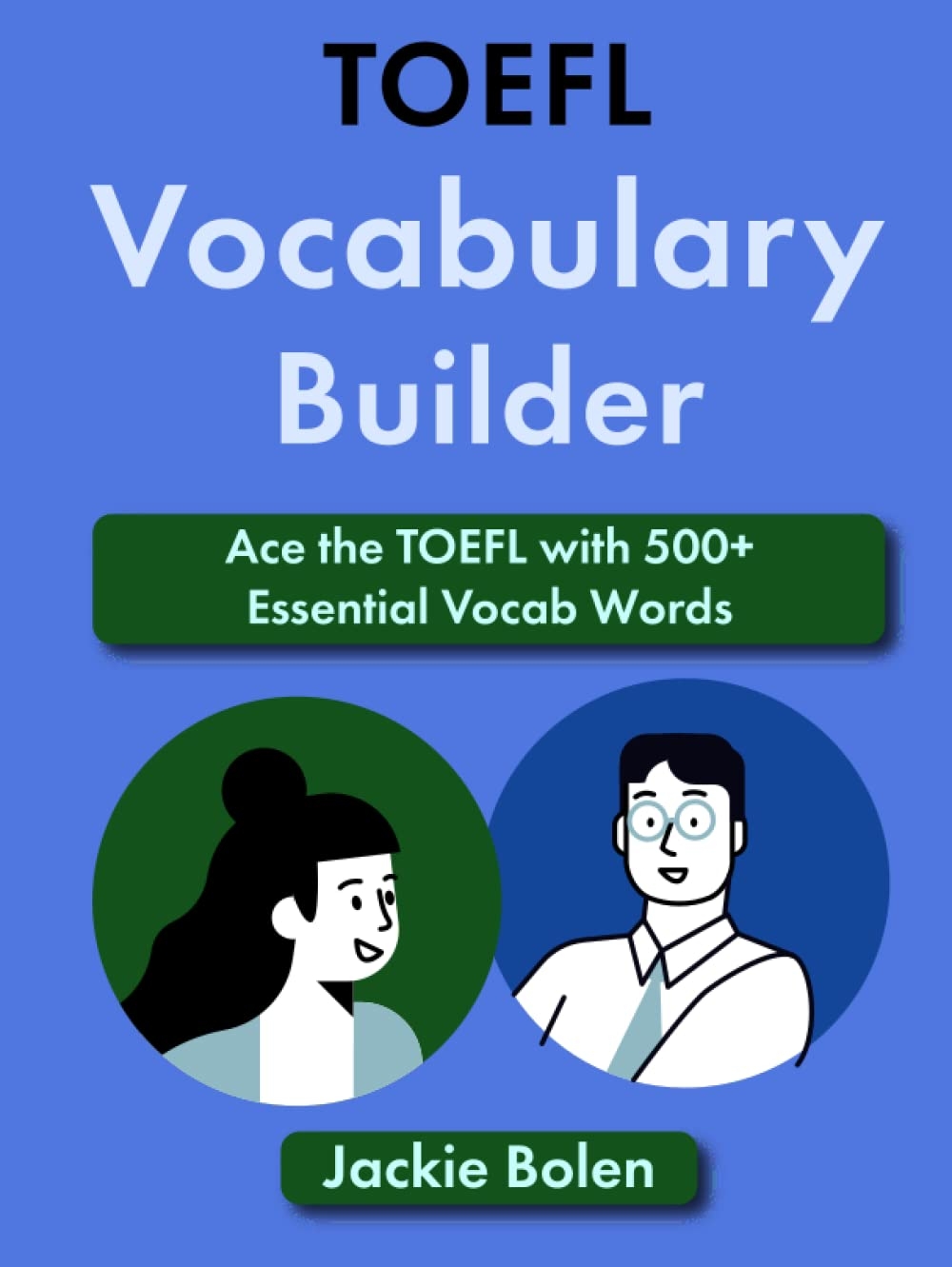Are you preparing for the Test of English as a Foreign Language (TOEFL)? One key aspect of this test is vocabulary. A strong vocabulary is essential for success in the reading, writing, speaking, and listening sections of the TOEFL. In order to excel in this test, it is important to build and expand your vocabulary. Let’s delve into the world of TOEFL vocabulary and explore some effective strategies for improving your word power.
Having a rich and diverse vocabulary is crucial for achieving a high score on the TOEFL. The test includes a wide range of vocabulary words that may be unfamiliar to many test-takers. By building your vocabulary, you will be better equipped to understand and respond to the questions on the test. Here are some tips for improving your TOEFL vocabulary:
One effective way to enhance your vocabulary is to read extensively. Reading books, newspapers, and magazines in English will expose you to a variety of words and phrases. Make a habit of looking up unfamiliar words in a dictionary and noting them down for future reference. Additionally, consider keeping a vocabulary journal to track your progress and review new words regularly.
Another useful strategy is to practice using new words in context. Try incorporating them into your writing and speaking exercises to reinforce your understanding and retention. You can also use flashcards or online vocabulary tools to quiz yourself on the meanings and usage of different words. Consistent practice and exposure to new vocabulary will help you feel more confident and prepared on test day.
Furthermore, consider studying word roots, prefixes, and suffixes to help you decipher the meanings of unfamiliar words. By understanding the building blocks of words, you can better infer the meanings of complex vocabulary terms. This will not only expand your vocabulary but also improve your overall language skills.
In conclusion, developing a strong vocabulary is essential for success on the TOEFL. By incorporating these strategies into your study routine, you can enhance your word power and boost your confidence on test day. Remember to practice regularly, engage with a variety of reading materials, and challenge yourself with new words. With dedication and perseverance, you can conquer the TOEFL and achieve your language proficiency goals.
